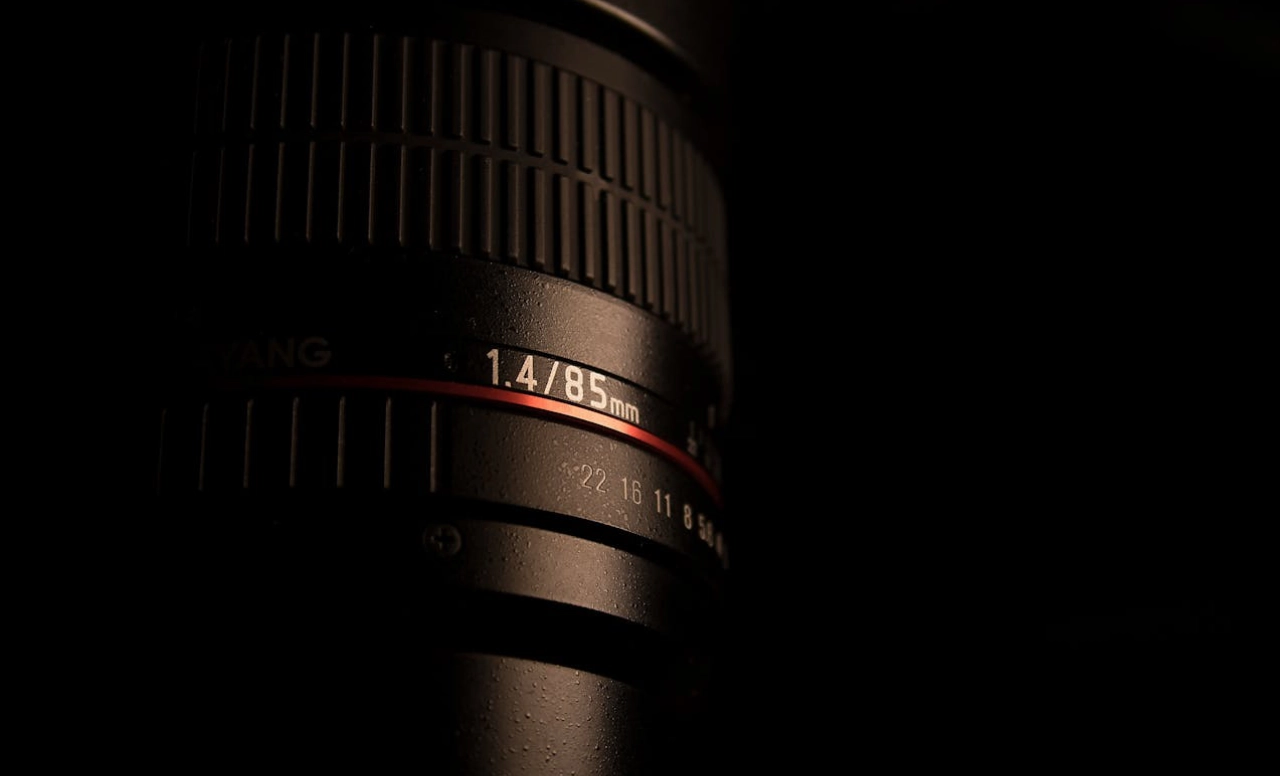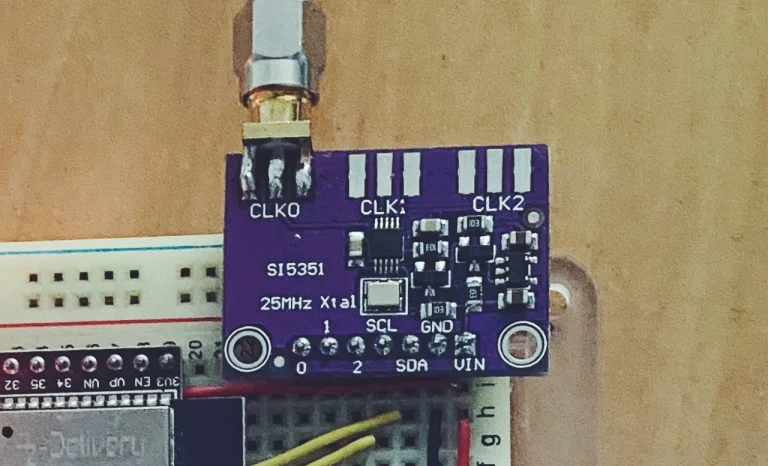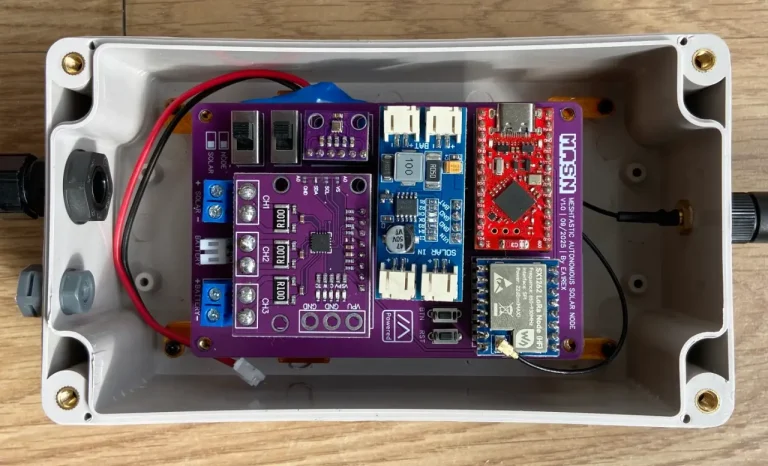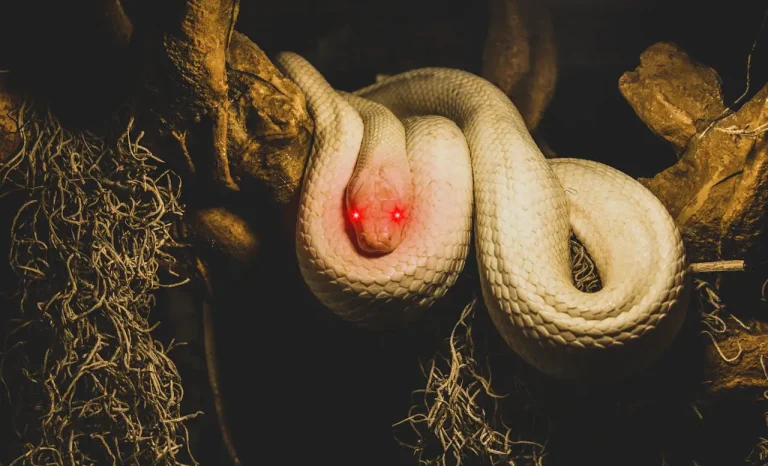How to install the MacBook camera (FaceTime HD) on TailsOS
The FaceTime HD camera of MacBooks is proprietary hardware that requires a specific process to work on TailsOS. Below, I’ll show you how to enable it safely using a simple script and checking your kernel version beforehand to ensure compatibility.
The problem: why doesn’t the camera work on TailsOS?
The FaceTime HD (Broadcom 1570) camera is a proprietary hardware component that requires specific drivers to function properly. Since TailsOS is a privacy-focused operating system based on Debian, it does not include support for this type of hardware by default.
This means that after starting TailsOS, the camera won’t be detected until the necessary drivers are installed.
General information about the FaceTime HD driver on Linux
The driver for the FaceTime HD camera is developed by the open-source community and is available on GitHub: patjak/facetimehd. This driver allows PCIe Broadcom 1570 cameras, found in recent MacBooks, to work on Linux-based systems like TailsOS.
Value 4 value⚡️
If the content has been useful to you, please consider supporting me so that I can create more articles like this. Lightning address (only for Lightning payments): [email protected]
The installation process includes:
- Downloading the necessary files.
- Compiling the driver.
- Installing the modules to enable the camera.
Kernel check before installation
Before running the script, it’s essential to check the exact version of your system’s kernel to avoid package installation errors.
Open a terminal and type:
uname -rThis will show a result like:
6.1.0-28-amd64In the installation script (which you’ll see below), replace linux-headers- with your specific version:
If your result was 6.1.0-28-amd64, the line should be:
apt install -y make linux-headers-6.1.0-28-amd64 libssl-dev checkinstall mplayerAlternative in case of failure
If the above command fails, try using the generic package:
apt install -y make linux-headers-generic libssl-dev checkinstall mplayerDriver installation and script configuration
Create the persistent storage folder
Ensure that Persistent Storage is enabled. If you haven’t set it up, follow the official TailsOS instructions to configure it.
- Recommended Path:
~/Persistent/camera/
Save the installation script in the folder
Create a file named install-camera.sh and paste the following content:
#!/bin/bash
echo "Updating packages"
apt update
echo "Installing modules make linux-headers-6.1.0-28-amd64 libssl-dev checkinstall mplayer"
apt install -y make linux-headers-6.1.0-28-amd64 libssl-dev checkinstall mplayer
echo "Cloning repos facetimehd-firmware & bcwc_pcie"
cd /home/amnesia/Downloads
sudo -u amnesia git clone https://github.com/patjak/facetimehd-firmware.git
sudo -u amnesia git clone https://github.com/patjak/bcwc_pcie.git
echo "Installing facetimehd-firmware"
cd /home/amnesia/Downloads/facetimehd-firmware
sudo -u amnesia make
make install
echo "Installing bcwc_pcie"
cd /home/amnesia/Downloads/bcwc_pcie
sudo -u amnesia make
checkinstall -y
depmod
modprobe facetimehd
echo "Finished - Testing cam"
sudo -u amnesia mplayer tv://Make the script executable
Open a terminal and type:
chmod +x ~/Persistent/camera/install-camera.shHow to use the script after system boot
Since TailsOS resets the system on reboot, you need to run the script each time you start the system.
- Connect to the internet: make sure you are connected to a network before running the script, as it will download necessary packages.
- Run the script in the terminal:
sudo ~/Persistent/camera/install-camera.shFinal thoughts: time to use your camera on TailsOS
While TailsOS prioritizes privacy and disables proprietary hardware by default, you can enable the MacBook FaceTime HD camera thanks to the facetimehd open-source driver. By following these steps, you can conduct video calls or conferences while keeping your system secure without sacrificing essential features.
If you have any questions or encounter issues during the installation, feel free to share your concerns in the comments. I hope this guide has been helpful! 😉






